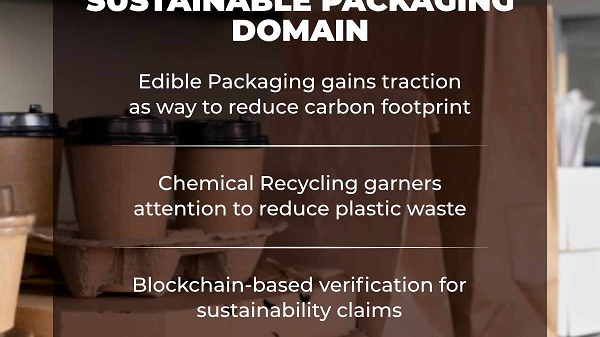<?xml encoding=”utf-8″ ?????????>
As a seasoned professional in the field of recruitment, I’ve had the privilege of witnessing firsthand the transformative impact that gender diversity can have on businesses of all sizes.
From startups to established SMEs, organisations that champion gender diversity consistently emerge as leaders in their respective industries.
In the competitive landscape of recruitment, there has been a significant shift in candidate expectations and preferences. Increasingly, job seekers are drawn to companies that embrace diversity and inclusion, recognising the real value of diverse perspectives and experiences.
Working closely with hiring managers and decision-makers its clear there are tangible benefits of gender diversity within organisations. Diverse teams bring a breadth of perspectives, skills, and ideas to the table, fostering a culture of innovation and creativity that drives business growth.
Whether it’s brainstorming sessions, problem-solving exercises, or strategic planning meetings, I’ve seen firsthand how diverse teams consistently outperform homogenous ones, generating fresh insights and driving results. Inclusive workplaces where individuals feel valued, respected, and empowered regardless of gender are more likely to retain top talent and create a real ‘family’ orientated atmosphere – a real deep rooted culture.
It goes both ways – women and men need to feel they are supported equally in the workplace and encouraged, and provided with opportunities for development, and this also has a direct impact on the bottom line.
Research has consistently shown that companies with diverse leadership teams and workforces are more innovative, resilient to downturns, and financially successful. By tapping into the full potential of their talent pool, SMEs can gain a competitive edge, attract new customers, and drive business growth.
However, achieving gender diversity requires more than just lip service—it demands a strategic and concerted effort to address those barriers and biases that may hinder the advancement of women in the workplace.
As a recruitment expert, I’ve worked closely with companies to implement gender-neutral recruitment processes, develop inclusive leadership programs, and foster a culture of flexibility and work-life balance.
Establish a mentoring program that pairs staff of different genders to facilitate knowledge sharing, skill development, and career advancement. Encourage mentors and mentees to exchange perspectives, insights, and experiences to foster mutual learning and growth.
In addition, when forming project teams, strive for gender balance to leverage diverse perspectives and strengths. Or implement reverse mentoring programs where junior employees mentor senior executives on topics such as gender diversity, generational differences, and emerging trends.
To conclude, as SMEs navigate the complexities of recruitment and talent management, it’s essential to recognise the transformative power of gender diversity. By embracing diversity and championing inclusion, SMEs can unlock the full potential of their workforce, drive innovation, and position themselves for long-term success.





















